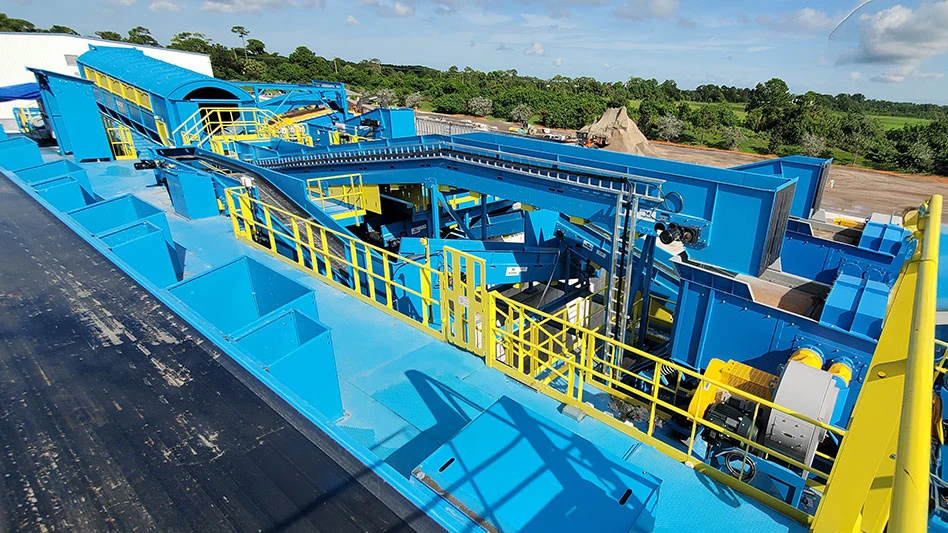In a decision released March 29th, the New Jersey Superior Court Judge Kenneth MacKenzie ruled that G.I. Auto Salvage illegally expanded operations at its site to include a construction debris hauling business called Environmental Recycling Group.
The Pine Brook site "has significantly increased truck traffic to such an extent that the site has been transformed into an active trucking terminal," MacKenzie wrote, noting the business in 2002 had 183 vehicles and generated $4.5 million in gross revenue. The decision resolved a lawsuit filed by the township in 1997.
Township officials hailed the ruling, but G.I. Auto owner Rene Avila vowed to appeal.
"It enables us to regain control of an area we haven't had control over in a long time," township Committeeman Dan Grant said. Eliminating the construction debris hauling operation "should cut the truck traffic down tremendously."
Avila said the company's state and local licenses to operate a junkyard allow him to collect scrap metal, whether it comes from cars or elsewhere, and MacKenzie doesn't have the authority to restrict the business.
"The law is one thing. His decision is another. By the law, I'm allowed to do it," said Avila, who bought the business in 1980.
In 1951, G.I. Auto Salvage sued the township after it refused to issue the company a junkyard license. The business predated zoning laws and a judge ordered the township to issue the license. Though subsequent zoning forbade junkyards in the area, G.I. Auto Salvage's site was grandfathered in, the ruling said.
In 1969, the township sued G.I. Auto Salvage, saying it had expanded beyond the original acreage with junk cars stored on adjoining property. The company was ordered to remove them.
Six years later, G.I. Auto Salvage sued the township for refusing to reissue a license. The township granted the license after the company agreed to install fencing.
The most recent litigation began in 1997, after the Department of Environmental Protection cited Environmental Recycling Group for starting an unauthorized solid waste transfer station in 1996, the decision said. The township discovered not only had automobile salvage operations expanded to other properties, it was being used as a trucking terminal and construction debris storage facility.
In a counterclaim, the company accused the township of flooding its property and trying to shut it down.
MacKenzie said G.I. Auto Salvage failed to prove that drainage work done by the township in the early 1980s while building a park on John Street flooded the property. According to old court records, the property historically was wet, with a judge in 1952 describing it as "low marsh land, and frequently covered with water." Ponds that existed on the property in the 1960s at some point were filled in, the decision said. (New Jersey) Star Ledger
Latest from Recycling Today
- Greenwave raises revenue but loses money in Q2 2025
- Recycled steel prices hold steady
- EY says India’s need for scrap imports will continue
- Coming full circle
- Amcor, DCM introduce fertilizer packaging with 35 percent recycled content
- Comstock Metals gets closer to commissioning commercial-scale solar panel recycling facility
- Washington selects Circular Action Alliance as PRO
- Smurfit Westrock expands in Latin America





